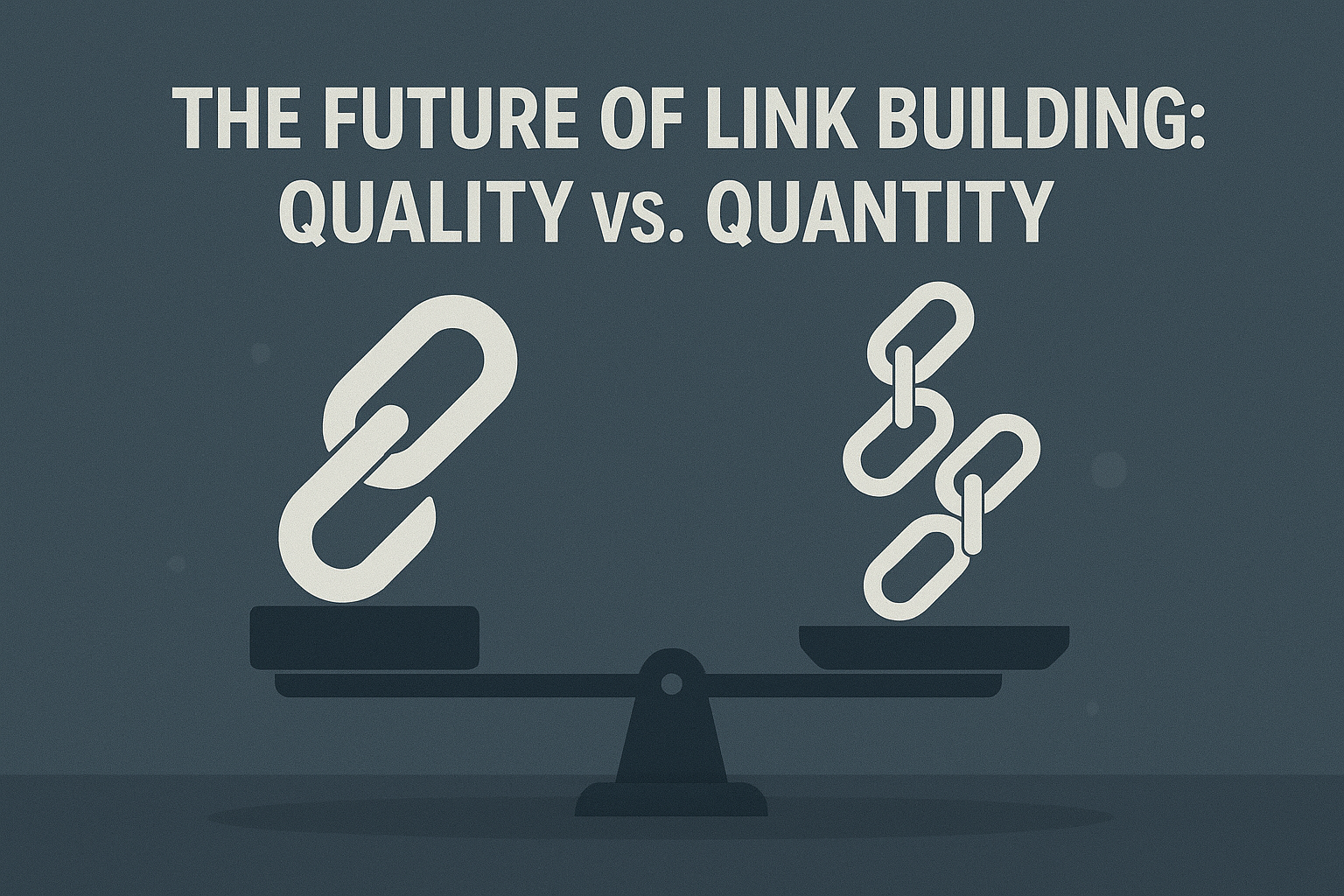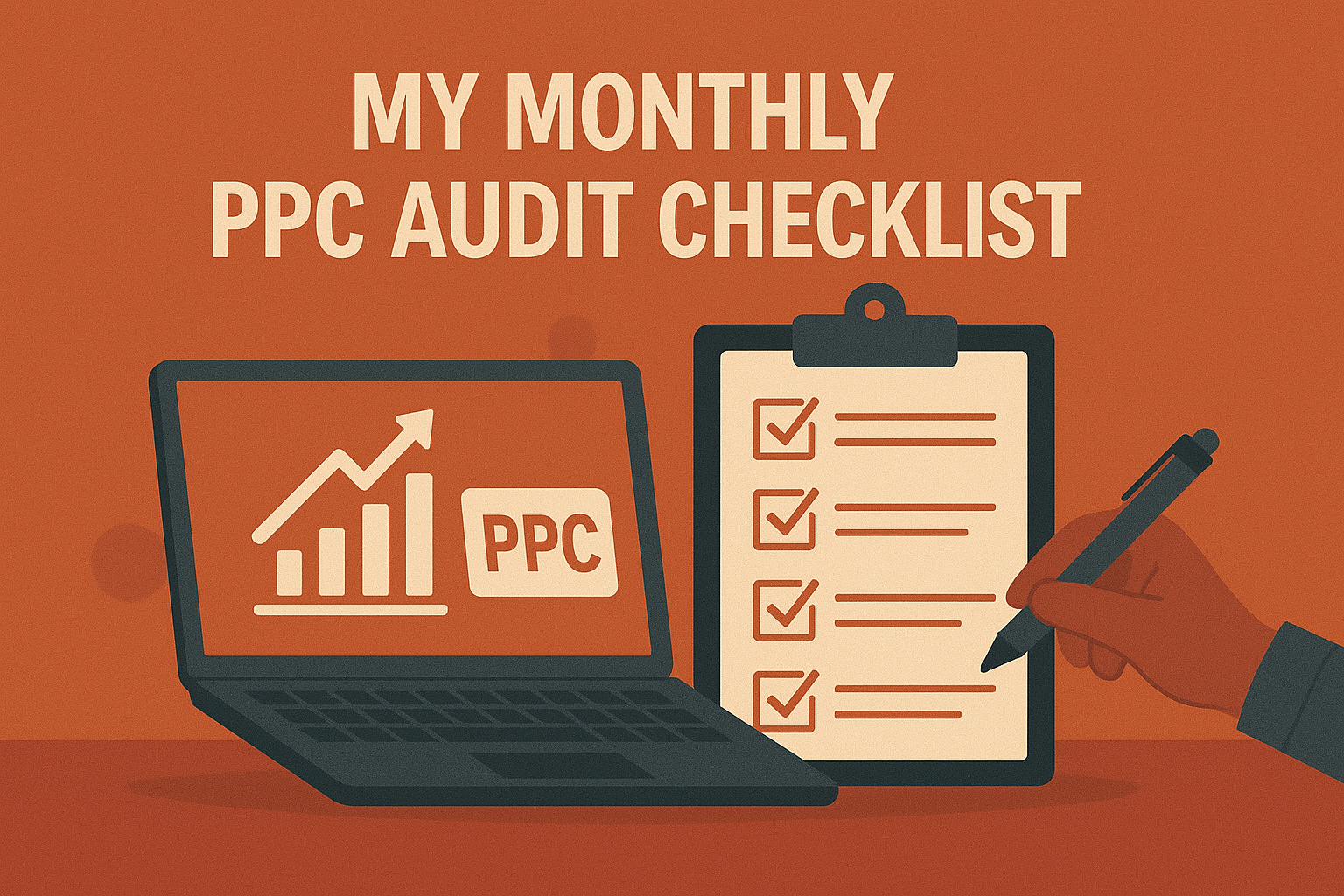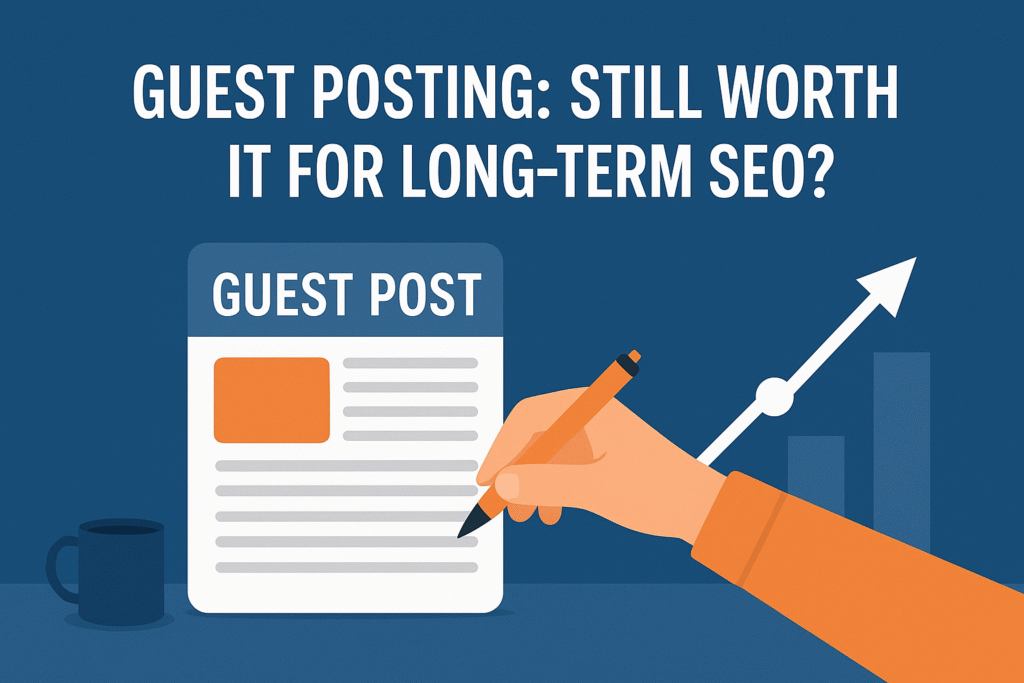Believing in yourself and feeling good about who you are is very important for a happy and successful life. When you have strong self-belief and self-worth, you trust in your skills and value, and you’re more willing to take chances and work towards your objectives with enthusiasm and resolve. People often use the terms self-efficacy and self-esteem interchangeably with self-confidence, but there are some small differences between them. In this article, we will discuss self-confidence, self-esteem and effective ways to develop them.
The idea of self-esteem is about how much you value and think highly of yourself. Your self-esteem is influenced by your experiences in life and how you interact with the people around you.
Self-Confidence
Alternatively, self-confidence refers to how much you believe in yourself and what you can do. This belief can vary based on the circumstances, and it’s normal to feel more or less confident in different situations.
Effective Ways to Develop Self-Confidence And Self-esteem
It’s really important to have enough belief in yourself to be able to face the challenges of life and do things that make you happy. But, building up that belief in yourself isn’t always simple. It might take some work and you might have to try things that make you feel uncomfortable. In this article, we’ll talk about some ways you can become more confident and feel better about yourself.
- Identify your Strength and Weakness
To start feeling good about yourself and believing in your abilities, you first need to figure out what you’re good at and what you’re not so good at. Recognizing your strengths will help you see where you excel and what you can do easily. Identifying your weaknesses will show you where you need to put in more effort and what you can do to get better.
To find out what you’re good at and what you need to work on, you can begin by listing down your abilities, talents, and achievements. Reflect on the tasks you’re skilled at and the things you like doing. Take into account the comments you’ve received from others, including both favorable and unfavorable remarks, and use that feedback to pinpoint areas where you excel and areas where you could improve.
- Set Realistic Goals
After you have recognized what you are good at and what you need to work on, the next thing to do is to create practical targets. Establishing objectives will enable you to concentrate your energy and provide you with a clear idea of where you want to go. When creating these targets, it’s crucial to ensure that they are practical and achievable. If you set objectives that are too ambitious or impossible to accomplish, it can result in feelings of annoyance and defeat.
To create achievable goals, begin by figuring out what you want to accomplish. Then, divide that goal into smaller, more feasible parts. Make a schedule for each part and establish a deadline for finishing each one. Acknowledge your progress throughout the process, and don’t hesitate to modify your goals if needed.
- Practice Positive Self-Talk
Using encouraging and supportive words when talking to yourself can greatly boost your self-assurance and self-regard. This means intentionally directing affirmative and optimistic thoughts toward yourself. Positive self-talk has the potential to make you feel more self-assured, competent, and deserving.
To improve the way you speak to yourself, begin by paying attention to the thoughts you have about yourself. Are they mostly unhelpful or helpful? When you notice yourself having unhelpful thoughts, attempt to think about them in a positive way. For instance, if you think to yourself, “I’m not adequate,” try to change that thought to something like, “I have the ability and merit to achieve my goals.”
- Embracing Self-Acceptance
When you accept yourself, it can help you feel happy with who you are and be at peace with others, no matter what’s going on. Everyone makes mistakes, it’s something we all go through. Accepting yourself can assist you in:
- Recognize that errors are a natural part of the learning process.
- Recognize alternative strategies to address problems or to achieve different outcomes.
- Critique your actions and work on improving them, without criticizing your overall character.
- Reprogram your Thinking
It’s crucial to pay attention to how you talk to yourself and how you talk about yourself to other people. We usually treat others with more kindness and empathy than we do ourselves.
To build up your belief in yourself and feel good about who you are, it’s important to recognize and confront the voice inside you that’s always criticizing you. Instead, focus on the thoughts that make you feel good and appreciate your worth, and try to ignore the ones that make you doubt yourself or your abilities. One way to do this is by talking to yourself positively and using positive statements to change the way you think.
- Make Changes in Your Life
At times, you might feel like making changes in your life to feel better about yourself. You can start by thinking about what changes you can make to improve how you see yourself. For example, you could concentrate on improving your education or job, building healthier relationships, or learning new things. To put these changes into action, create a plan that helps you:
- Identify specific goals that are challenging yet achievable.
- Break down each goal into manageable steps.
- Build upon each success as you progress towards your ultimate objectives.
Using this method can make you feel like you have more power over your life, and it can open the door to a brighter and more satisfying future.
- Surround Yourself with Positive People
The people you choose to spend time with can have a big impact on how you display Self-Confidence and good you feel about yourself. If you’re around people who are positive, helpful, and supportive, they can make you feel better and encourage you to be the best version of yourself. On the other hand, being with people who are negative, unkind, or don’t value you can make you feel bad and less sure of yourself.
So, it’s important to pick your friends carefully and build relationships with people who make you feel good. Look for individuals who have similar values and hobbies as you, who motivate and push you to be better, and who are happy for your successes. When you surround yourself with optimistic people, it can help you feel better about yourself and believe in your skills and possibilities.
- Learn from your Mistakes
Making mistakes is a normal aspect of life. Nobody is flawless, and every person commits errors at some point. Nonetheless, it is crucial to learn from your mistakes and use them as a chance to develop and enhance yourself. To learn from your mistakes, begin by recognizing them.
Don’t try to hide or ignore mistakes. Instead, acknowledge them and try to figure out what went wrong. Then, think of ways to avoid making the same mistake again in the future.





































